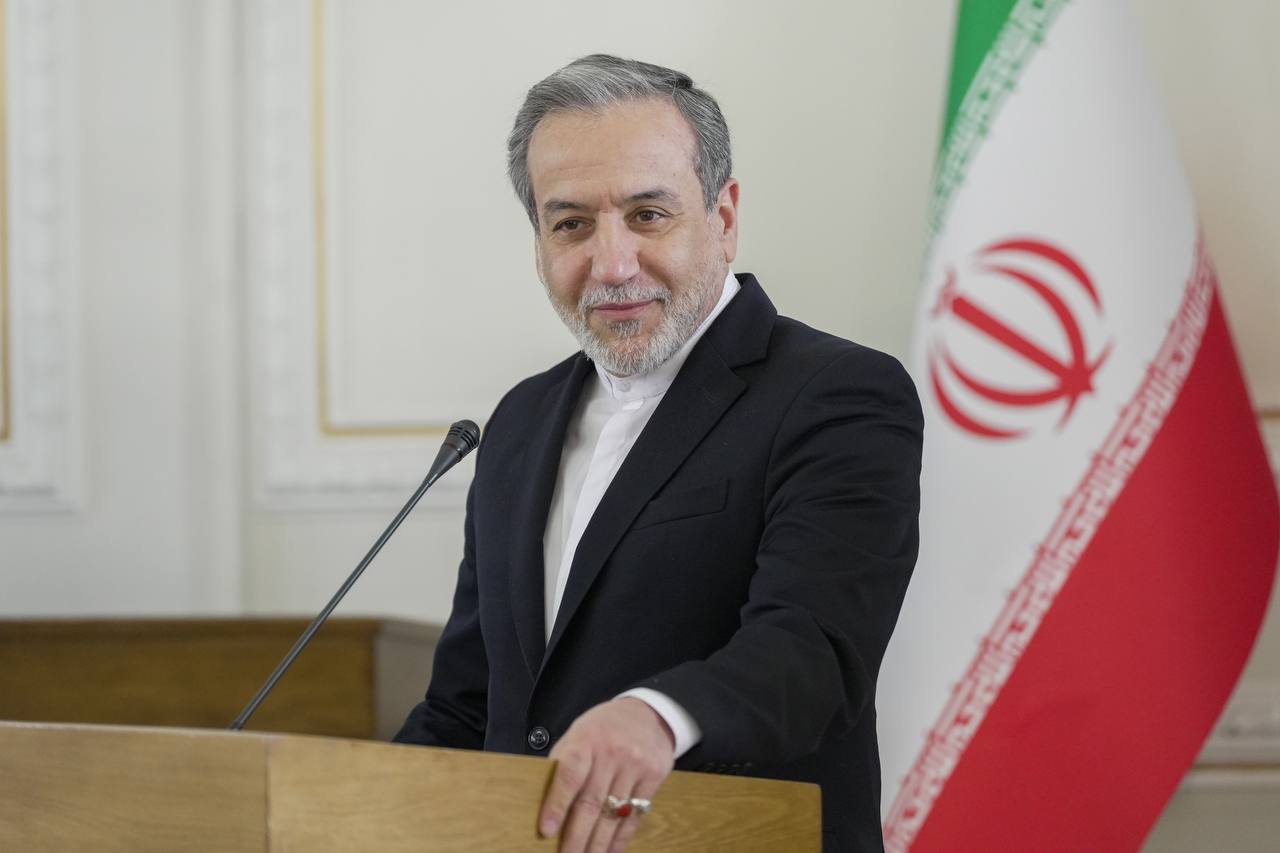BAKU, Azerbaijan, January 15. Iran’s current government (in power since August 2024) views the ratification of the remaining two conventions of the Financial Action Task Force (FATF) as beneficial for the country, said the country’s Foreign Minister, Seyyed Abbas Araghchi, Trend reports.
Speaking to Iranian media, Araghchi stated that Iran's Expediency Discernment Council is currently re-examining the two conventions (CFT and Palermo) that have not been ratified in Iran. He explained that there are differing opinions within the country about the approval of these conventions, with some seeing them as detrimental, while others believe they align with the country's interests.
Araghchi emphasized that these conventions are technical in nature and their ratification does not equate to Iran’s membership in FATF. He explained that countries not adhering to the standards set by FATF are placed on various lists, including the well-known “blacklist,” which results in restrictions on financial and banking cooperation with other nations. Countries on this list face significant limitations.
The Financial Action Task Force (FATF) of the Organization for Economic Cooperation and Development is an intergovernmental body that regulates the rules for combating money laundering and terrorist financing. At the last meeting of this organization, Iran was warned that if the country's program of steps is not improved, Iran may be added to the list of non-cooperative countries. Iran has complied with 37 out of 41 FATF steps.
The remaining four steps or conventions fall under the scope of the legislation. "Amendments to the Law on Combating Money Laundering," "Amendments to the Law on Combating the Financing of Terrorism," "Accession to the International Convention on Combating Transnational Organized Crime (Palermo)," and Accession to the International Convention on Combating the Financing of Terrorism (CFT) have been drafted by the Iranian government and sent to the parliament. Although the four conventions were approved by the parliament and sent to the Advisory Council, the CFT conventions and the Palermo Convention have not yet been approved by the mentioned council.
The G7 group founded the FATF in 1989 to address money
laundering. The organization comprises 37 members, with its
administration situated in Paris.
The FATF designated Iran as a high-risk jurisdiction in 2007 and
enacted formal sanctions on Tehran in 2009. Consequently, nations
needed to exercise prudence in financial and banking transactions
with Iran. Since 2016, diplomatic initiatives have postponed the
implementation of retaliatory actions on Iran.
The Financial Action Task Force (FATF) designated Iran as a
non-cooperative country (blacklist) on February 21, 2020.







